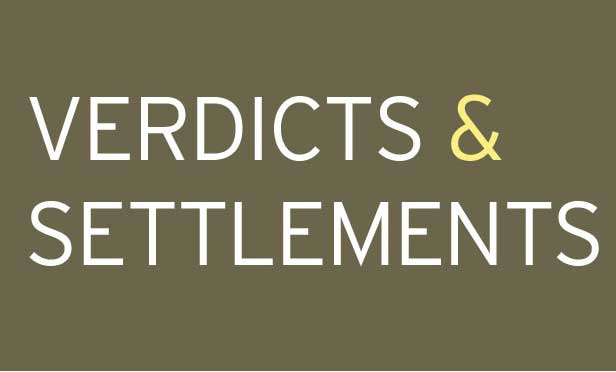During what most people have referenced as “normal times,” enforcement of a marital settlement agreement or a support order was no easy task. A complement of requirements for the moving party to prove contempt as well as then collecting on the successful award for contempt was often a daunting and costly accomplishment. Pre-COVID, the moving party had to prove the offending party was aware of the agreement or order to pay, and there was a willful breach despite an ability to comply. During COVID, new challenges act as barriers to a prior spouse to get what they bargained for, whether in an agreement or an order.
The Divorce Code itself provides several remedies to enforce a divorce agreement. For instance, Section 3323(f) grants the court broad equity powers to enforce an agreement, including, “… injunctions or such other relief or remedy as equity and justice require …” Additionally, Section 3502(e) provides the moving party more specific remedies, including entering a judgment, attachment of wages, interest on unpaid amounts due, transfer or sale of a property, late fee penalties and attorney fees.
This content has been archived. It is available through our partners, LexisNexis® and Bloomberg Law.
To view this content, please continue to their sites.
Not a Lexis Subscriber?
Subscribe Now
Not a Bloomberg Law Subscriber?
Subscribe Now
LexisNexis® and Bloomberg Law are third party online distributors of the broad collection of current and archived versions of ALM's legal news publications. LexisNexis® and Bloomberg Law customers are able to access and use ALM's content, including content from the National Law Journal, The American Lawyer, Legaltech News, The New York Law Journal, and Corporate Counsel, as well as other sources of legal information.
For questions call 1-877-256-2472 or contact us at [email protected]


 Carolyn Mirabile of Weber Gallagher. Courtesy photo
Carolyn Mirabile of Weber Gallagher. Courtesy photo




